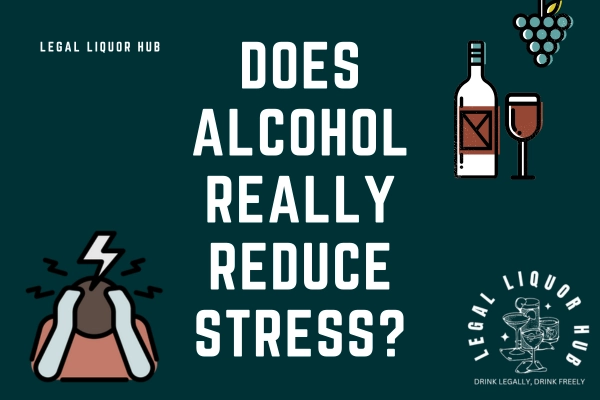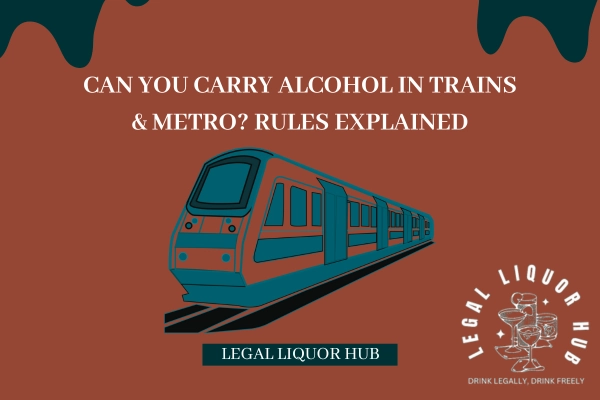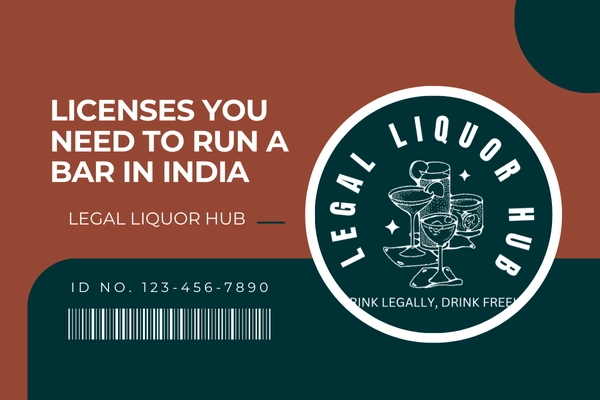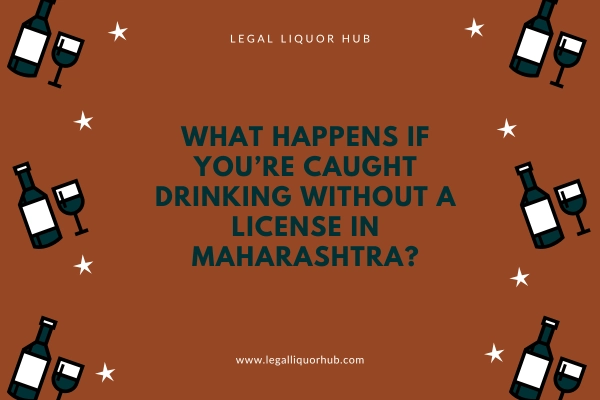Many people believe alcohol reduces stress, but science shows the effect is only temporary. Learn why drinking may actually increase stress long-term.
Stress is an inevitable part of modern life, and many people reach for a drink at the end of a long day, believing it helps them relax. From the after-work beer to a weekend glass of wine, alcohol is often seen as a quick fix for stress. But does it really work—or is it just a temporary illusion? Let’s explore what science has to say.
The Immediate Effects of Alcohol
Alcohol is a central nervous system depressant. When consumed, it slows down brain activity, lowers inhibitions, and creates a sense of relaxation. This is why people often feel calmer, happier, or less worried after a drink or two.
In the short term, alcohol:
♦ Increases dopamine release (the “feel-good” chemical).
♦ Creates mild sedative effects that can make you feel relaxed.
♦ Temporarily numbs stressful thoughts or emotions.
This explains why alcohol is often associated with stress relief.
The Catch: Stress Rebound
While alcohol may provide temporary relief, the effects don’t last long. Once the buzz fades, your brain works to restore balance, often leading to:
♦ Increased anxiety (sometimes called “hangxiety”).
♦ Disrupted sleep, which worsens stress the next day.
♦ Higher cortisol (the stress hormone) levels over time.
So instead of solving stress, alcohol can actually exacerbate it in the long run.
Alcohol and the Stress Cycle
Researchers have found that frequent drinking creates a vicious cycle:
♦ Stress triggers drinking → You use alcohol to cope.
♦ Temporary relief → You feel better in the moment.
♦ Rebound stress & anxiety → The brain compensates, leaving you more stressed.
♦ Increased dependence → You may drink more often to chase the same relief.
This cycle can lead to tolerance, dependence, and eventually harmful drinking patterns.
Healthier Alternatives for Stress Relief
If stress management is the goal, science points to safer and more effective methods:
♦ Exercise: Boosts endorphins, improves mood, and lowers cortisol.
♦ Mindfulness & meditation: Calms the nervous system and improves resilience.
♦ Social connection: Talking with friends or family reduces stress naturally.
♦ Sleep hygiene: Restorative sleep is one of the best buffers against stress.
Final Thoughts
Alcohol might feel like a quick stress reliever, but the science is clear: its calming effect is short-lived and often followed by more anxiety and tension. Over time, relying on alcohol can worsen stress instead of reducing it.
If you’re looking to truly manage stress, healthier habits like exercise, mindfulness, or simply connecting with loved ones will be far more effective—and without the hangover.
Need Drinking liquor/alcohol permit : Apply Now





